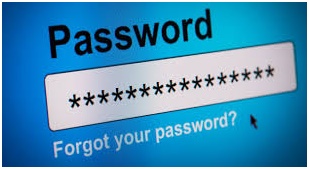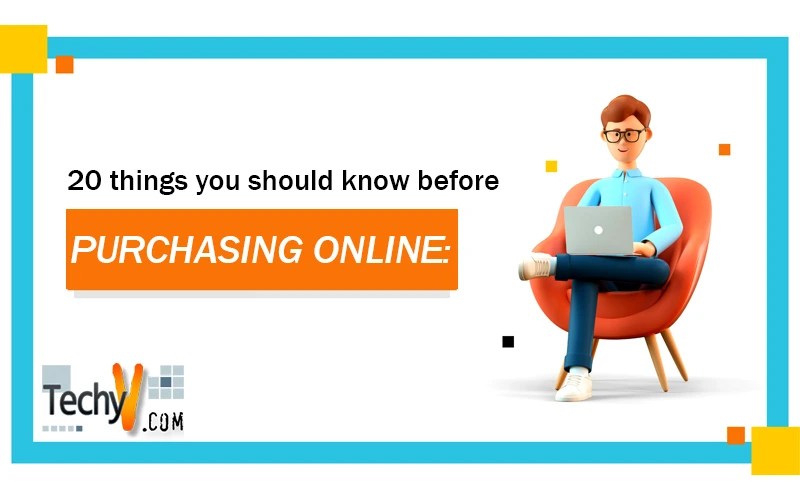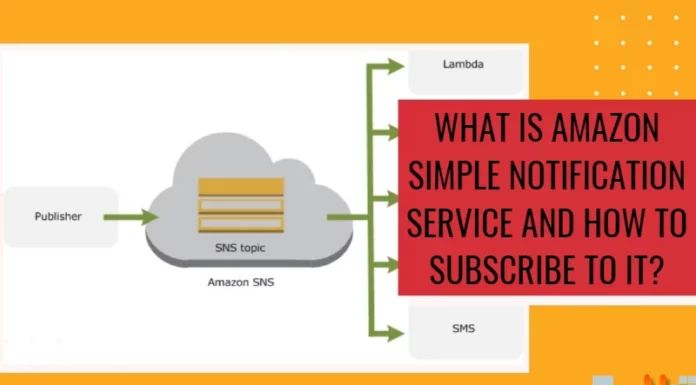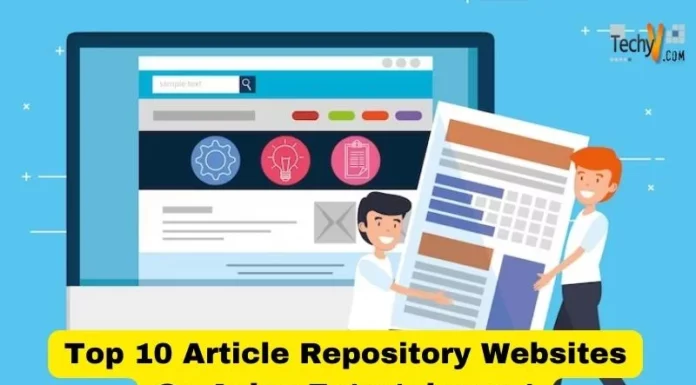20 things you should know before purchasing online
Online shopping has now turned into a real-life shopping experience. Some sites offer bargaining options. There are a plethora of choices in every category, and you can browse through them quickly. A variety of payment options is available, and the shipment of goods is safe and quick. That leaves you with little to do. Still, there are some things you have to keep in mind so that you do not regret the experience. You can do certain things so that you attain maximum product satisfaction. Along with that, you have to save yourself from the wrath of phishers and intruders. The Internet can be a crime town sometimes. Read on below to know the things you need before purchasing online:
1. A little research is necessary:
Choose what you want and decide every detail. You are not expected to be an expert. Basic things like, how long you intend to use the product, whether the price is more important or quality would do. An informed customer is a smart consumer. When you know what you want, you can use better keywords and filters to search the product. It will save you time and effort.
2. Authenticity is important:
Legitimate websites are always preferred. Experimenting is good, but it is risky over the internet. You should use trusted e-commerce sites like Flipkart, Snapdeal, Amazon, Jabong, Myntra, etc. If you choose a name that you are not familiar with, you are playing with fire. Google searches will also take you to random places.
3. Lock security:
Have you ever noticed that hitting an individual URLs on the search bar turn it green? These sites are Lock-protected and have SSL encryption. They will always have ‘http://’ in the beginning.
The tiny lock picture is an indicator of security, and hence, you can trust them with your credit card number.
4. Read reviews:
Before you make a choice, go through a few customer reviews. These are people who have already used the product; they will have a point. You may decide to buy it after you realize that your usage will vary from his, or your purpose is different from his; although, sometimes they will save you from making a bad move.
5. Write reviews:
Return the favor. It will not take much time. Write reviews and rate the retailers. Recommend and de-recommend.
6. Compare:
How many times have you found something at a much lower price than the one you already bought? That too, with the same quality. In real life, comparing is tricky. You cannot search every place physically. But you can online. In fact, some websites help you do so. Google is your option.
7. Something extra:
Referral codes, coupon codes, SMS discounts, etc., are something to look for. These are marketing techniques which also benefit you. Keep an eye out for those sites that will profit you. Remember, the discount on a particular product might indicate a drop in its quality but an attached coupon code will not affect the quality of your purchase.
8. Hidden charges:
Much like the added VAT and service tax shatter your calculations when the bill arrives at a restaurant, there are some sales tax and delivery charges to look out for. Sometimes when you are buying clothes, watch out for the semi-stitched ones. They will put extra charges for doing it up for you. Uncheck the gift wrap options if you don’t need one. These charges are offer in small print. Sly!
9. Cash backs:
They are quite profitable. Certain payment options will give you cash back. So, look around
10. Off-season sales:
If you can wait for the soon-to-arrive out-of-season sale, then you must do it. Sellers will offer incredibly low prices, and it doesn’t indicate low-quality products. However, read the material details and reviews carefully.
11. Flash Sales and Flea Markets:
Flash sales will make you think that you bagged a significant discount, but they are mostly a hoax. Flea markets are complex. Not everyone gets the deals. Many times, no one does. You will think, it will cost you a rupee, but they take all the money promising cash back and sometimes after a lot of pushing and pulling do so.
12. Phishing:
Never give all your personal information to any online shopping site. Nobody asks for your date-of-birth or security number except for malicious phishers. Watch out for any such emails from the site; it could be a duplicate.
13. Trust the bank:
Go through your bank statements regularly. Make sure they do not put you down for anything more than you bought. It could indicate an identity theft or similar.
14. Antivirus:
This goes for every website. But the risk rises when you involve money. The entry of malware will cause all sorts of problems in the completion of online transactions.
15. Use of phones:
Many will be scared to do so, but it is much smoother. A swipe of a finger will get you great deals, and comparisons will be easy. You just have to make sure that your device is accessing a secure and fast internet connection.
16. Accounts:
It is always better to create an account on your favorite shopping sites rather than just shopping like a guest. That is because you will be well informed of the available offers, upcoming sales, etc. but make sure you give a strong, unyielding password. If your account is being manipulated, you will be robbed off your virtual money (Paytm cash, Snapdeal money, cash back, etc.)

17. Returns:
It can be troublesome. It is always better to shop from sites that ensure good return policies. That is one of the glitches of online shopping. Before buying, read the return policy of that particular retailer so that you can exchange or return it within the specified number of days.
18. Description:
Read the description of the product correctly. Since there is the disadvantage of not touching or lifting the product, you have to be very smart. Interpret those few lines of description accurately and decide how the product should turn out. There are disclaimers like ‘slight variation of color, etc.
19. Show offs:
Be a smart buyer. Know when something is being oversold in its advertisement.
20. Be stealthy in public:
This goes without saying that you need to be careful while doing money transactions in public places like cafes, office spaces, etc. You think you are safe, but you might be watched. A leak of your password, credit card/ debit card number will bring in trouble.


















